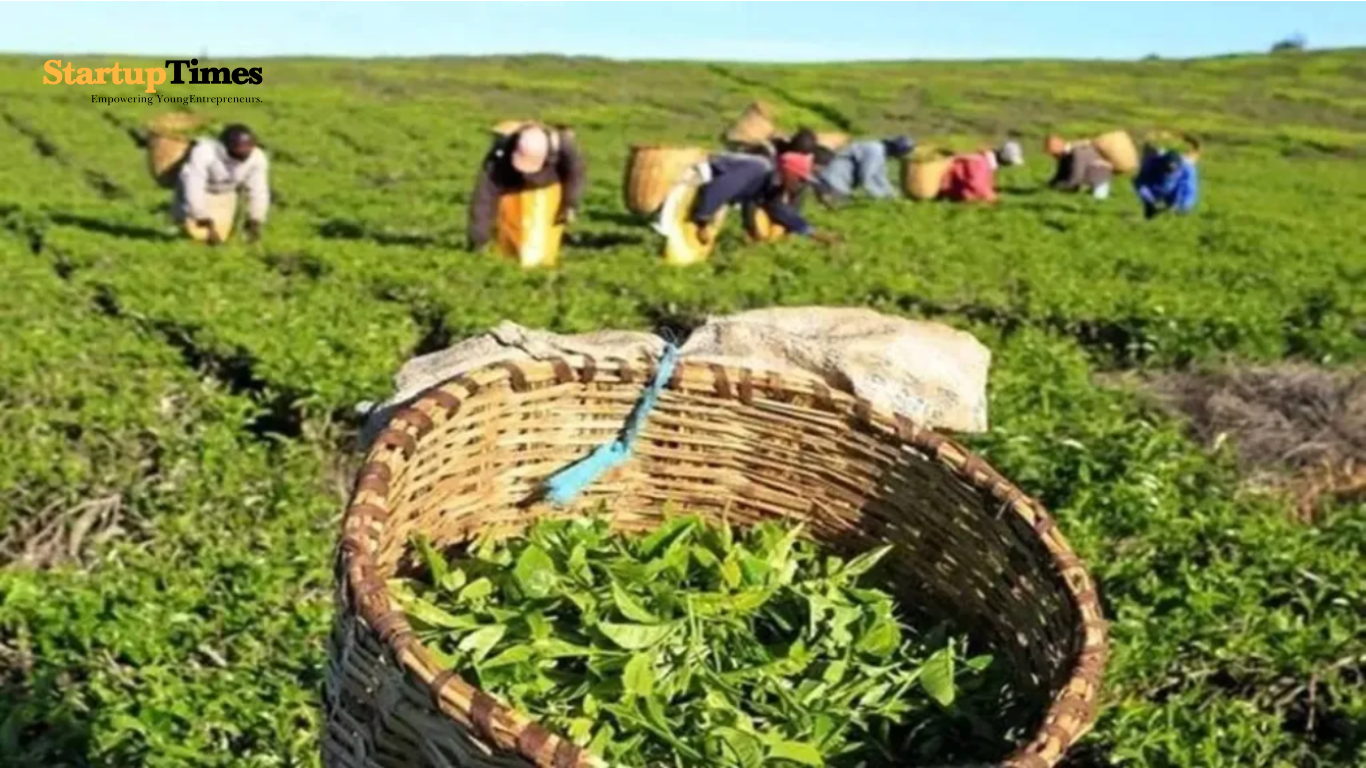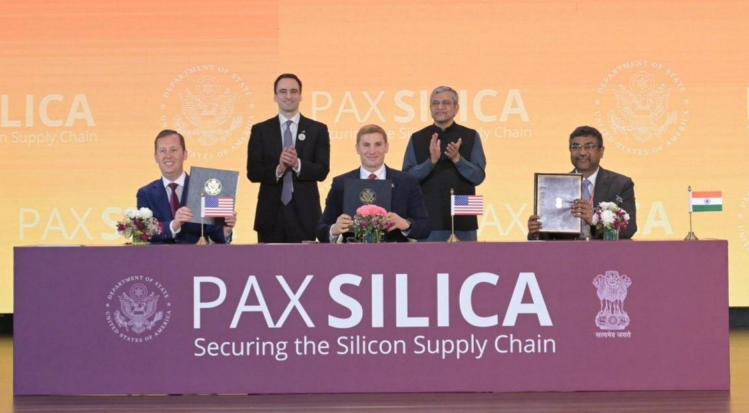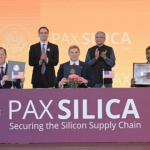The simmering tensions between Iran and Israel are sending ripples far beyond the immediate region, reaching as far as India's bustling tea auction houses. Exporters of orthodox tea, a premium variety largely destined for markets in the Middle East and Russia, are experiencing growing anxiety as geopolitical uncertainties translate into falling prices and disrupted trade routes.
The escalating rhetoric and sporadic incidents in the Red Sea, a critical waterway for global shipping, have cast a long shadow over the tea industry. Shipping costs are on the rise, insurance premiums are skyrocketing, and the mere prospect of further escalation is enough to make buyers hesitant. "Our primary concern is the safety of our shipments and the predictability of delivery," stated Rajeshwari Sharma, CEO of Bharat Tea Exports, a major player in the orthodox tea market. "Even minor disruptions in the Red Sea can add weeks to transit times and significantly inflate our operational costs, making our produce less competitive."
The impact is already being felt on the auction floor. Prices for orthodox tea, which had seen a steady upward trend in recent months due to strong demand from traditional markets, have begun to recede. Sources within the Kolkata and Guwahati tea auctions confirm a noticeable decline in bidding intensity, particularly for larger consignments. "Buyers are becoming more cautious," noted a veteran tea broker who wished to remain anonymous. "They are anticipating potential delays and increased freight charges, and this caution is directly reflected in the bids we are seeing."
While no official figures have been released yet, preliminary estimates suggest a decline of 5-7% in average orthodox tea prices over the past two weeks. This dip, though seemingly modest, is significant for an industry operating on tight margins. Exporters fear that if the conflict prolongs or intensifies, the price erosion could accelerate, leading to substantial losses.
The Middle East, particularly countries like Iran, Iraq, and the UAE, are crucial markets for Indian orthodox tea. Russia, another significant buyer, also relies on these same shipping lanes. Any disruption to trade with these nations would have a profound effect on Indian tea exports, which are already grappling with the challenges of climate change and fluctuating global demand.
Beyond the immediate financial impact, there's a palpable sense of unease about the future. "Stability is key for international trade," remarked Anant Singh, President of the All India Tea Exporters Association. "When there's this level of geopolitical volatility, it creates an environment of unpredictability that is detrimental to long-term planning and investment." Singh urged governments and international bodies to de-escalate tensions and ensure the safety of vital shipping corridors.
While the current impact is primarily on orthodox tea, concerns are growing that prolonged instability could eventually affect CTC (Crush, Tear, Curl) tea, which primarily caters to domestic and other international markets. However, the immediate focus remains on the more vulnerable orthodox segment, whose fortunes are intricately linked to the geopolitical stability of the Middle East.
As the world watches the developments between Iran and Israel with bated breath, India's tea exporters find themselves caught in the crosscurrents, hoping for a swift resolution that will allow their aromatic leaves to flow freely across the globe once more. The coming weeks will be crucial in determining the full extent of this geopolitical tempest on the delicate ecosystem of the global tea trade.










